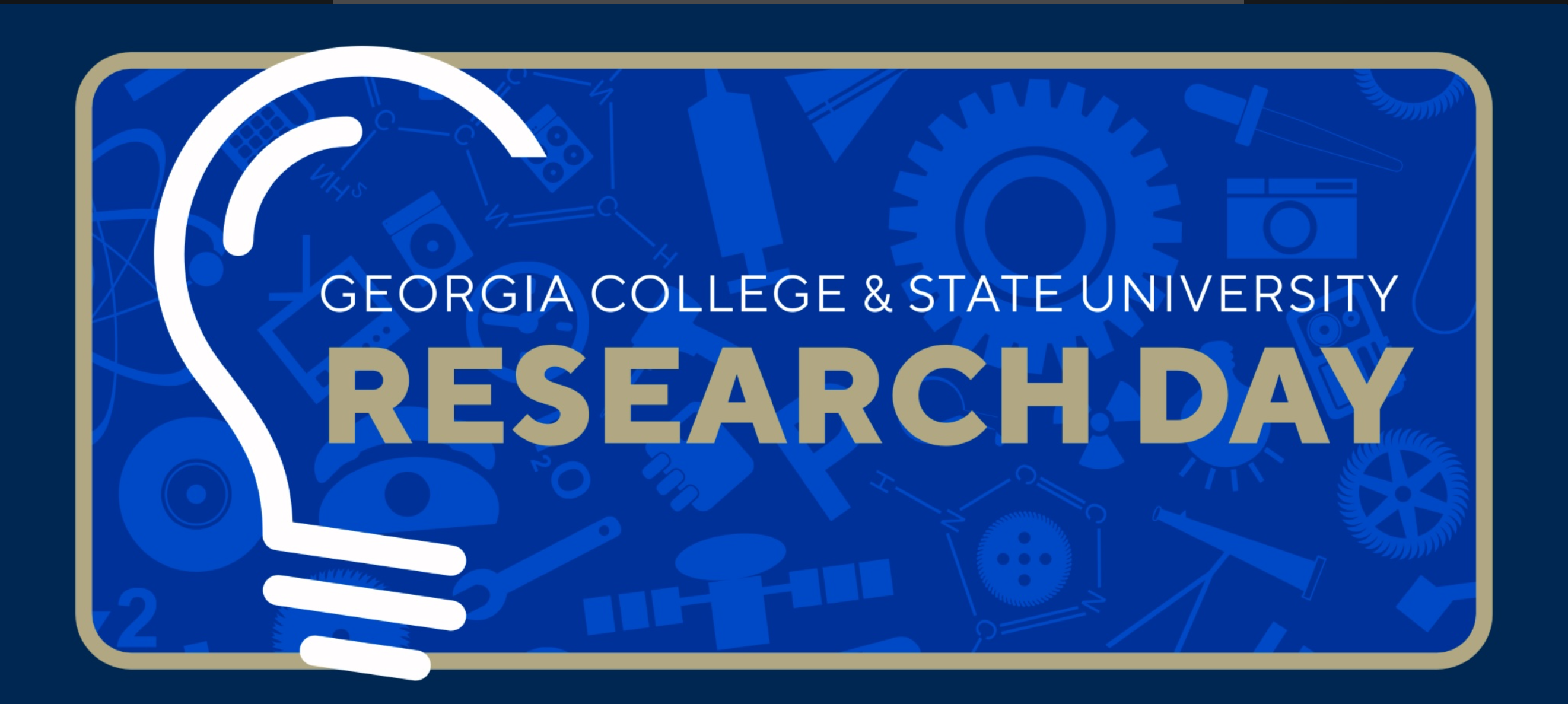THE IMPACT OF ADAPTIVE VERSUS MALADAPTIVE STRATEGIES FOR COPING WITH COVID-19 RELATED STRESS ON MENTAL WELL-BEING IN COLLEGE STUDENTS
Faculty Mentor(s) Name(s)
Stephanie Jett
Abstract
The ongoing COVID-19 pandemic has left both physical and psychological scars. Data from the 2023 American College Health Association National College Health Assessment (ACHA NCHA) indicates that at Georgia College & State University, 37.1% of students report anxiety and 39.6% reported stress as being impediments to their academic performance, which is a slight increase from the 2021 data at 33.5% for anxiety and 39.1% for stress. Social isolation, financial concerns, fear of loved ones or themselves getting sick, and food insecurity are some explanations for these trends (Knolle et al., 2021). At present, we are grappling with the long-term effects of the pandemic and processing what we have witnessed and experienced. We addressed two broad questions in the current study: 1) How have college students been coping with COVID-19 related stress both in the past and presently and 2) What is the impact of different coping strategies on mental health during the COVID-19 pandemic? We asked college students to reflect on the coping strategies they used to cope with COVID-19 related stress in the past, defined as from March 2020 to July 2022, as well as what strategies they were currently using, defined as from August 2022 to May 2023. We used the 28-item Brief COPE scale and separated the subscales into two categories for analysis: Adaptive and maladaptive strategies. We measured emotional, social, and psychological mental well-being using the Mental Health Continuum Short-Form (MCHC-SF). We predicted that students who use more adaptive coping strategies, both in the past and present, would demonstrate higher scores in all three domains of the MCHC-SF than students who use more maladaptive coping strategies. This research is an important piece for building a better understanding of the impact of the pandemic on mental health in vulnerable populations.
Start Date
27-3-2024 9:00 AM
End Date
27-3-2024 9:50 AM
Location
Magnolia Ballroom
THE IMPACT OF ADAPTIVE VERSUS MALADAPTIVE STRATEGIES FOR COPING WITH COVID-19 RELATED STRESS ON MENTAL WELL-BEING IN COLLEGE STUDENTS
Magnolia Ballroom
The ongoing COVID-19 pandemic has left both physical and psychological scars. Data from the 2023 American College Health Association National College Health Assessment (ACHA NCHA) indicates that at Georgia College & State University, 37.1% of students report anxiety and 39.6% reported stress as being impediments to their academic performance, which is a slight increase from the 2021 data at 33.5% for anxiety and 39.1% for stress. Social isolation, financial concerns, fear of loved ones or themselves getting sick, and food insecurity are some explanations for these trends (Knolle et al., 2021). At present, we are grappling with the long-term effects of the pandemic and processing what we have witnessed and experienced. We addressed two broad questions in the current study: 1) How have college students been coping with COVID-19 related stress both in the past and presently and 2) What is the impact of different coping strategies on mental health during the COVID-19 pandemic? We asked college students to reflect on the coping strategies they used to cope with COVID-19 related stress in the past, defined as from March 2020 to July 2022, as well as what strategies they were currently using, defined as from August 2022 to May 2023. We used the 28-item Brief COPE scale and separated the subscales into two categories for analysis: Adaptive and maladaptive strategies. We measured emotional, social, and psychological mental well-being using the Mental Health Continuum Short-Form (MCHC-SF). We predicted that students who use more adaptive coping strategies, both in the past and present, would demonstrate higher scores in all three domains of the MCHC-SF than students who use more maladaptive coping strategies. This research is an important piece for building a better understanding of the impact of the pandemic on mental health in vulnerable populations.


